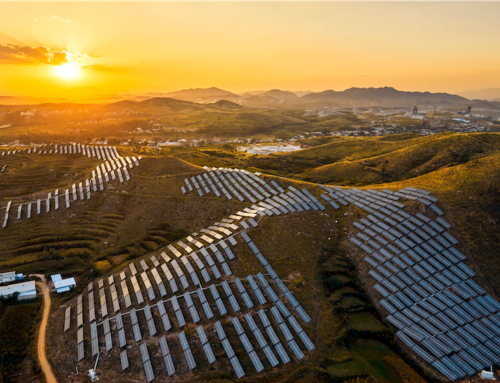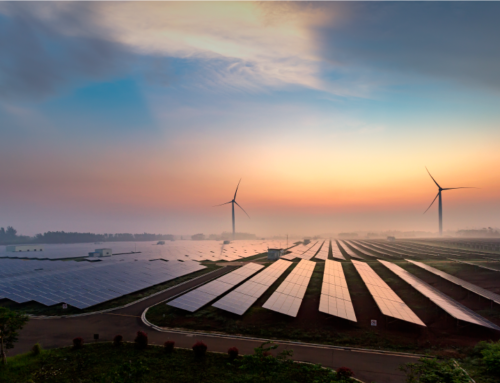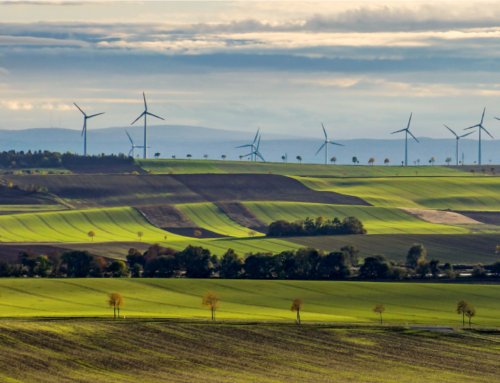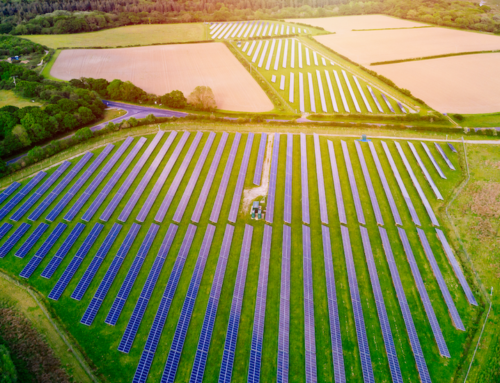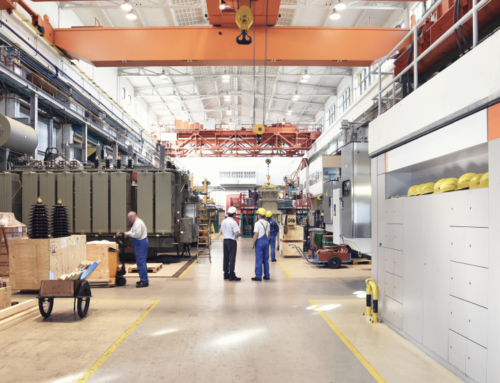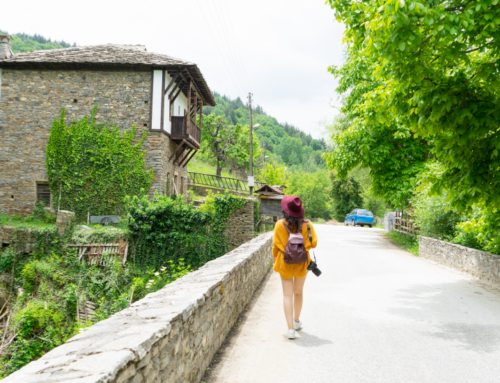Post-COP26: Balkans Set to Pioneer the Circular Economy

22 November 2021
One of the most significant unsung economic trends globally is the rise and support of what is being termed the ‘circular economy’.
As a concept, it may not be that new. Still, as we are now in a post-COP26 and nearing a post-pandemic world, the economic theory is rapidly becoming a ‘must-read’ for many business and political leaders.
For those of us not up to speed with the concept, a circular economy is defined as a systemic approach to economic development designed with the primary purpose of safeguarding the environment, creating wealth for society, and providing sustainable growth opportunities for business. The circular economy is intended to be self-regenerating and aims to gradually separate growth from the consumption of finite resources.
The circular economy concept is often contrasted with the so-called linear “extract-transform-consume-waste” model, on which the global economy today is primarily based. Central to this model is extracting raw materials to be processed, sold, used, and discarded. The resulting environmental impacts are wide-ranging and include the release of hazardous chemicals, increased greenhouse gas (GHG) emissions, plastics entering the ocean, increased use of land for landfills, and greater water use — all of which were central to the outcomes of COP26 in Glasgow.
So far, so exciting, but how does this relate to the Balkans? And what material impact could it have on the economies of the region?
The European Bank for Reconstruction and Development (EBRD) is taking the lead, recently announcing that in the years of recovery from the pandemic, it would focus on green financing initiatives: schemes such as electrification with wind and solar power plants and resource and energy efficiency. It has also made it clear that it will support creating programs for the financial inclusion of women in business.
In support, the EBRD has launched a new programme to address the barriers to the transition towards a circular economy in Turkey and the Western Balkans.
The ambitious ‘Circular Economy Regional Initiative’ will support investments in the private sector, particularly small and medium-sized businesses. Central to this will be its plans to implement innovative and resource-efficient technologies and adopt circular business models in Albania, Bosnia and Herzegovina, Montenegro, North Macedonia, Serbia, and Turkey.
The EBRD believes there is an urgent need to transition to a circular economy specifically to offset pressures from population increase, economic growth, and unsustainable resource use in the region.
When it comes down to it, the numbers speak for themselves. Over $13m is being invested by the Global Environmental Facility (GEF), supplemented by a further EBRD finance of approximately $140 million. It will also receive $1m in technical cooperation funding from the Austrian Federal Ministry of Finance.
This programme aims to improve chemical and waste management and the security of the supply of raw materials and increase competitiveness, promote innovation, boost economic growth, and act as the catalyst to transition to a circular economy.
As a society, we are rapidly depleting the Earth’s natural resources. Our increased extraction and use of resources such as fossil fuels and minerals contribute to habitat destruction and global warming.
Worldwide, our consumption of materials has trebled from 26.7 billion tonnes in 1970 to an astonishing 92 billion tonnes in 2017, a figure that is not even current. Half of total greenhouse gas emissions and more than 90% of biodiversity loss come from resource extraction and processing. If we continue with our current consumption levels, it is estimated that by 2050, we will need three times our planet Earth to meet our requirements for natural resources.
The circular economy aims to address these problems by keeping materials, resources, and products in use for as long as possible. It involves a change in thinking and practice, from our current “take, make and dispose of” linear consumption model to a circular model where products are designed to minimise waste and pollution.
The support of the EBDR in helping this circular economic revolution in the Balkans illustrates just how the post-COP26 world can address societal and economic challenges for the greater good.

